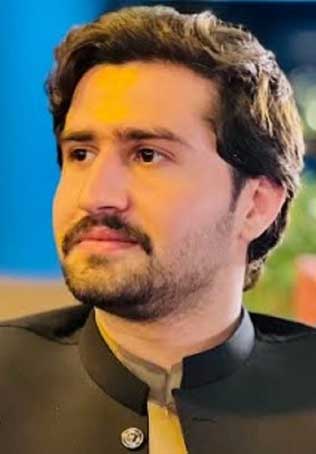
A property dispute in the Kurram district of Khyber Pakhtunkhwa has once again claimed the lives of more than 100 people and left over lots of injured. Last day when peoples moves from Upper Kurram Agency towards the other cities of KPK by a single road which is directly linked to cities of KPK and was completely banned from more than two years due to conflict between two groups, last day when peoples moved with the convoy of forces then opponent groups started fire at three different places on the people which makes a great loss of the lives, and martyred of more than 16 women and approximately 11 children in which the youngest of whom is 6 months old.
From the opponent group they also showed some resistance last night by burning their city. But the question remains: why is the violence recurring and what are the reasons behind it?
I would like to fly back towards the history. Kurram Agency is divided into Upper, Central and Lower Kurram, its total population of approximately 785,000. It has many tribes including Turi, Bangash, Mangal and Muqbal. Kurram agency which is now Kurram district has 43% of its population of Shia Muslims, who are mostly settled in Upper Kurram (closest to Afghanistan) where Parachinar is most important and 57% are Sunnis in Central and Lower Kurram.
And most importantly the Iran-Saudi proxy war, also known as Shia-Sunni sectarian rifts rooted in Pakistan from Kurram Agency. In Iran in 1979, Ayatollah Khomeini overthrew Reza Shah Pahlavi and established Wilayat al-Faqih, a religious revolutionary government. This government dreamt of bringing entire Muslim World under his leadership. On the other hand Saudi King being Servent of Makkah and Madina, already regarded themselves as legitimate leader of the entire Muslim World. So they have proxy war between each other.
In 1980’s USSR attack on Afghanistan and on reaction of this people came to do jihad from all over the Muslim World. Upper Kurram in directly touched with three districts of Afghanistan in the south (Khost), west (Paktika) and north (Nangarhar). And in reaction of jihadis from Pakistan USSR response on Upper Kurram because this part is in touch with Afghanistan and they were killed without any reason, for stopping this they try to stop jihadi groups whose are going to Afghanistan through them.
In 1986 General Zia reported that they wanted Kurram Agency as permanent base for fighters. But Shias refuse them and taking weapons against them. Then the fight started between Shias and Sunnis and there are 52 Shias and 102 Sunnis were killed and 14 villages were completely destroyed. Thousands of people were killed in this religious conflict in Pakistan.
Like in 1988 Shia scholar Allama Arif Hussaini, in 1999 Maulana Haq Nawaz Jhangvi of Sunni school of thought, in 1996 the famous poet Mohsin Naqvi, in 1997 the head of Sipah-e-Sahaba Ziaur Rehman Farooqui, in 2001 the head of the Sunni movement Muhammad Salim Qadri, in 2003 Sipah-e-Sahaba chief Maulana Azam Taria, in 2005 Shia scholar Ziauddin Rizvi, and Allama Hasan Turabi in 2006 are some who were killed in Shia-Sunni clashes.
In April 2007, participants of a Sunni procession in upper Kurram, raised objectionable slogans against the Shia. The Shia reacted and staged a protest procession in Parachinar, Some people fired at this procession and this led to sectarian clashes, which subsequently spread to other parts of the Agency. The most dangerous aspect of it is that there is a direct involvement of TTP in them. The TTP fighters block the Thall-Parachinar Road from 2007 to 2011 which connect Kurram Agency with the rest of Pakistan.
Such incidents are reported in the district every few years, with Parachinar emerging as the epicentre of the violence. What stands out is the year 2007, when deadly clashed broke out in the region, resulting in over 3,000 casualties and some 50 villages burnt. Hundreds of families were also displaced from the area.
“The people of Kurram district used to live like brothers, but we don’t know who cast an evil eye on this valley that once was paradise,” said Awami National Party (ANP) leader Pir Haider Ali Shah, who is a member of the jirga that brokered the latest ceasefire in Kurram. Jalal Bangash, head of the Bangash and Turi tribes, concurred, adding that prompt action was needed from the government to prevent criminal activities. This prompts a critical question, why have the government and state authorities consistently failed to ensure sustainable peace in the region?




